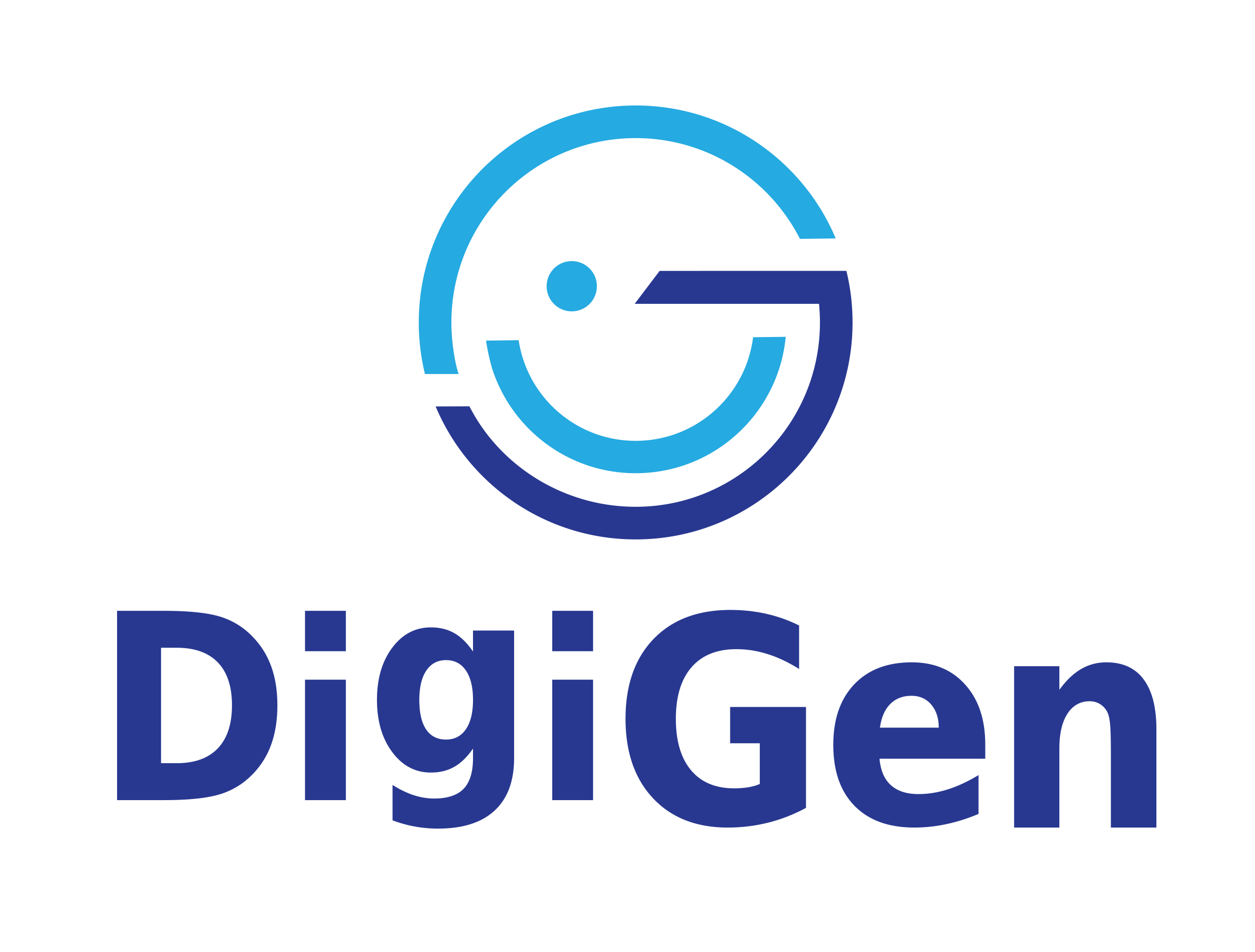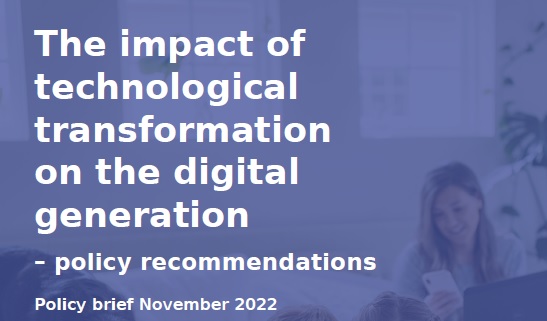The DigiGen project has documented how digital technologies play a central role in the everyday lives of children and young people across Europe (Seland et al. 2022). Digital technologies provide unique and new spaces and tools in itself, through social media, online gaming and educational technology. Just as important is how digital technologies link and connect family life (Kapella, Schmidt, & Vogl, 2022; Kapella, Sisask, & Barbuta, 2021), leisure (Parsanoglou et al., 2022), education (Eickelmann et al., 2021) and civic participation (Karatzogianni, Tiidenberg, & Parsanoglou, 2021).
Digital technologies, and in particular the internet has changed the way children and young people live, learn, socialize, communicate, and participate in society. The internet and the means to access it, such as tablets and smartphones, along with social media platforms and messaging apps, have become integral to the lives of youth around the world. They have transformed their education and learning, the way they make and maintain friendships, how they spend their leisure time, and their engagement with wider society.
In this policy brief, we present research-based policy recommendations, designed to combat systematic inequalities in the opportunities, capacities, and desires of young people to reap the benefits of digitalization.
The policy recommendations will assist national authorities to design policies that may support their work towards many of the child-focused Sustainable Development Goals (SDGs) developed by the United Nations. We show how the technological transformations affecting the lives of young people should be taken into account when reporting on progress towards these goals. Finally, we provide some tools to identify indicators and data on a European and national level to help identifying relevant focus areas.
See the full policy brief here.

